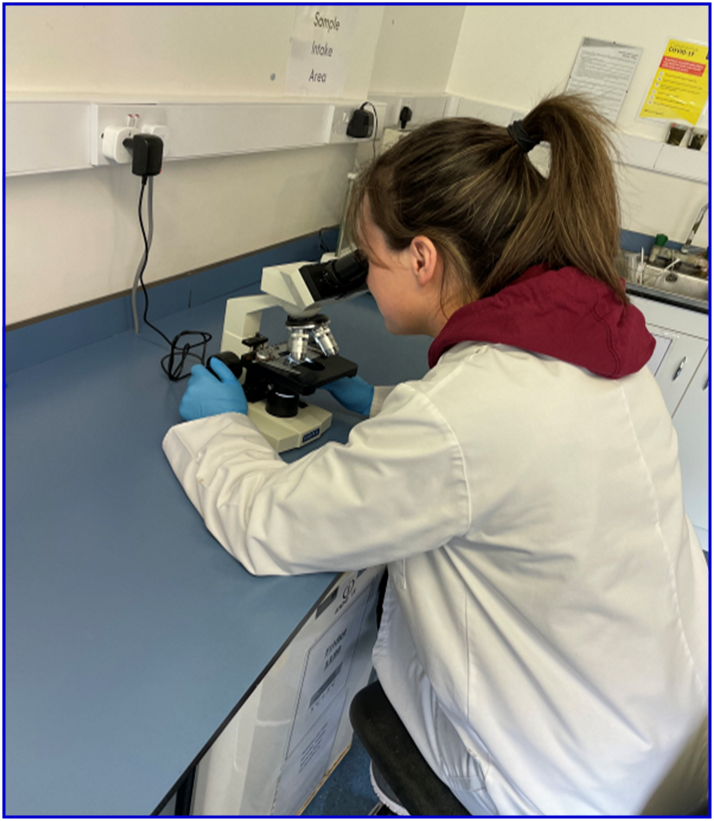PARASITOLOGY
Why Carry Out Parasitology Analysis?
While a well-structured worming programme may control the parasitological burden on many farms, there is no doubt that faecal parasitology monitoring can greatly improve the effectiveness of such programmes. Information gathered from testing can be used to assess the effectiveness of your programme, identify the range of parasites on your farm and suggest important tweaks that might make your programme more effective – perhaps even using less drench at the same time.
Calf Scour Multipathogen
Oldcastle Laboratories offers a complete testing package for scouring calves. The Calf Scour Multipathogen test offered includes detection of bacterial agents such as E– Coli K99 and Salmonella and viral agents such as Rotavirus, Coronavirus and Cryptosporidia. The Calf Scour test also includes a microbial sensitivity test to indicate the best antibiotics to use in treating bacterial infections.
Testing Offered
- Rumen Fluke & Liver Fluke
- Worm Egg Count
- Coccidia
- Lungworm Larvae
- Calf Scour: E– Coli K99, Salmonella, Rotavirus, Coronavirus and Cryptosporidia
- Bacteria Analysis
- Appropriate antibiotic sensitivity to treat bacteria infections
Call the office today on 049-8541160 to order your FREE POTS to take samples.



